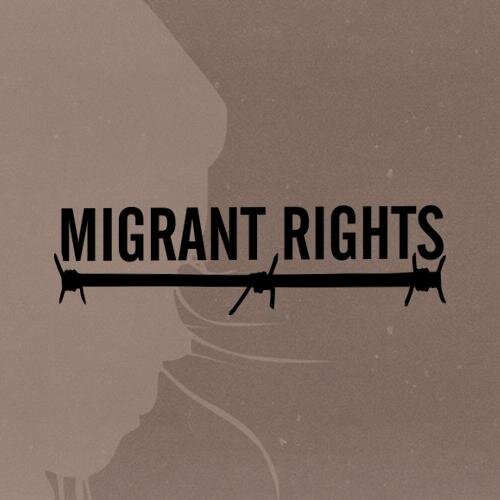
19 December 2014, Migrant-Rights.org
In a Q & A with Migrant-Rights.Org, ILO Senior Migration Specialist for the Arab States Hans van de Glind discusses the challenges faced by both migrant workers and countries in the GCC.
Can you give us an idea the kind of progress made with the GCC & MENA in the last five years? In what areas did ILO consult or collaborate, and do you see a change in improved practices?
In responding, let me focus on the GCC: According to UNDESA statistics, GCC countries hosted a staggering stock of over 22 million migrant workers in 2013, and this number has grown by 5 million compared to the year 2010. This results in tremendous challenges on national labour markets, and to societies at large in GCC countries.
Photo HansWhile migration is an opportunity for many, concerns have been expressed in a range of reports and media with regards to working conditions of in particular low skilled migrant workers across Gulf states, along with flawed recruitment practices in countries of origin.
These reports point in particular at the unequal relationship between migrant workers and employers, where the former is effectively under the control of the latter through a sponsorship system which restricts mobility of migrant workers on the labour market, and which provides employers control over contract termination and exit visas. Despite challenges, ILO has engaged with governments in the region, and we believe that these efforts contributed to the claimed partial reform of the sponsorship system so far pilot tested by Bahrain, UAE and Saudi Arabia. The status of these reforms is not always clear however, and a robust evidence base is lacking in terms of the impact of these changes, pointing to the need for transparency in amending rules and regulations, and evidence-based monitoring of the impact of reforms.
[…]
Speaking of the above, recruitment reforms in sending countries seem to be slow or non-existent, give us an idea on what ILO does there to improve this.
ILO participated in the recently held Abu Dhabi Dialogue (amongst countries of migrants’ origin and destination) in Kuwait on 26-27 November 2014. The Declaration adopted at the meeting states amongst others that the delegates ‘welcome ILO’s proposal to engage with Abu Dhabi Dialogue member governments to assist in reducing labour mobility costs, preventing abuse in the recruitment process, protecting workers’ rights, improving regulation and strengthening oversight of private recruitment and placement agencies, guided by its Fair Recruitment Initiative within the broader framework of its Fair Migration Agenda’. This now offers a framework to work towards more efficient and fair recruitment modalities for migrant workers. Forthcoming initiatives are planned to be focused on harmonization of recruitment regulations in countries of origin and destination, improved monitoring of recruitment agencies, more efficient matching of migrant workers and employers, reducing the number of layers of intermediation, and creating transparency in recruitment costs.